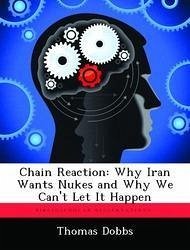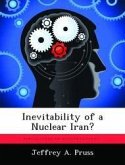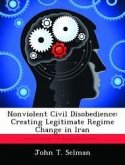This paper will examine the controversy surrounding Iran's nuclear program. In order to determine whether the program poses a significant threat to U.S. vital interests, this paper will review Iran's motivations for nuclear development and assess whether Iran's leaders are rational decisionmakers. The paper will address competing perspectives on how the possession of nuclear weapons affects state behavior and review U.S.-Soviet relations from the Cold War era for potential nuclear deterrence lessons that might apply to an Iranian regime with nuclear weapons. This will inform the subsequent examination of the implications of a nuclear-armed Iran. Finally, the paper will identify elements within Iran's ruling regime that would make appropriate targets for U.S. coercion efforts and will recommend specific coercion mechanisms tailored to key regime elements' specific vulnerabilities. The recommended approach to coercing Iran, if applied properly, will affect regime leaders' cost-benefit calculations in a manner that convinces regime decisionmakers to change their malign behavior in the Mid East and beyond.
Hinweis: Dieser Artikel kann nur an eine deutsche Lieferadresse ausgeliefert werden.
Hinweis: Dieser Artikel kann nur an eine deutsche Lieferadresse ausgeliefert werden.








